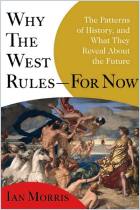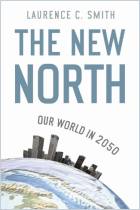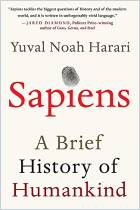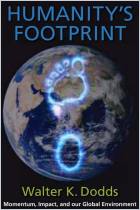
Foragers, Farmers, and Fossil Fuels
How Human Values Evolve
Recommendation
In this ambitious treatise, historian Ian Morris argues that how societies get fuel for energy from the environment determines their values. When a society’s ability to capture energy changes, its values change. Morris tracks three major societal systems: Foragers came first, then farmers, then the age of fossil fuel. This work grew from Morris’s Tanner Lectures on Human Values at Princeton in 2012, and retains the accessibility of really good lectures. Morris includes critiques from historians Richard Seaford and Jonathan Spence, philosopher Christine Korsgaard and dystopian novelist Margaret Atwood. getAbstract recommends Morris’s big picture and fascinating details to anyone interested in ethics, culture, values and social change – and in how these factors shape technology and vice versa.
Summary
About the Author
Ian Morris is Willard Professor of Classics at Stanford. He is the author of Why the West Rules – For Now, War: What is it Good For? and numerous articles and books.


















Comment on this summary or 开始讨论